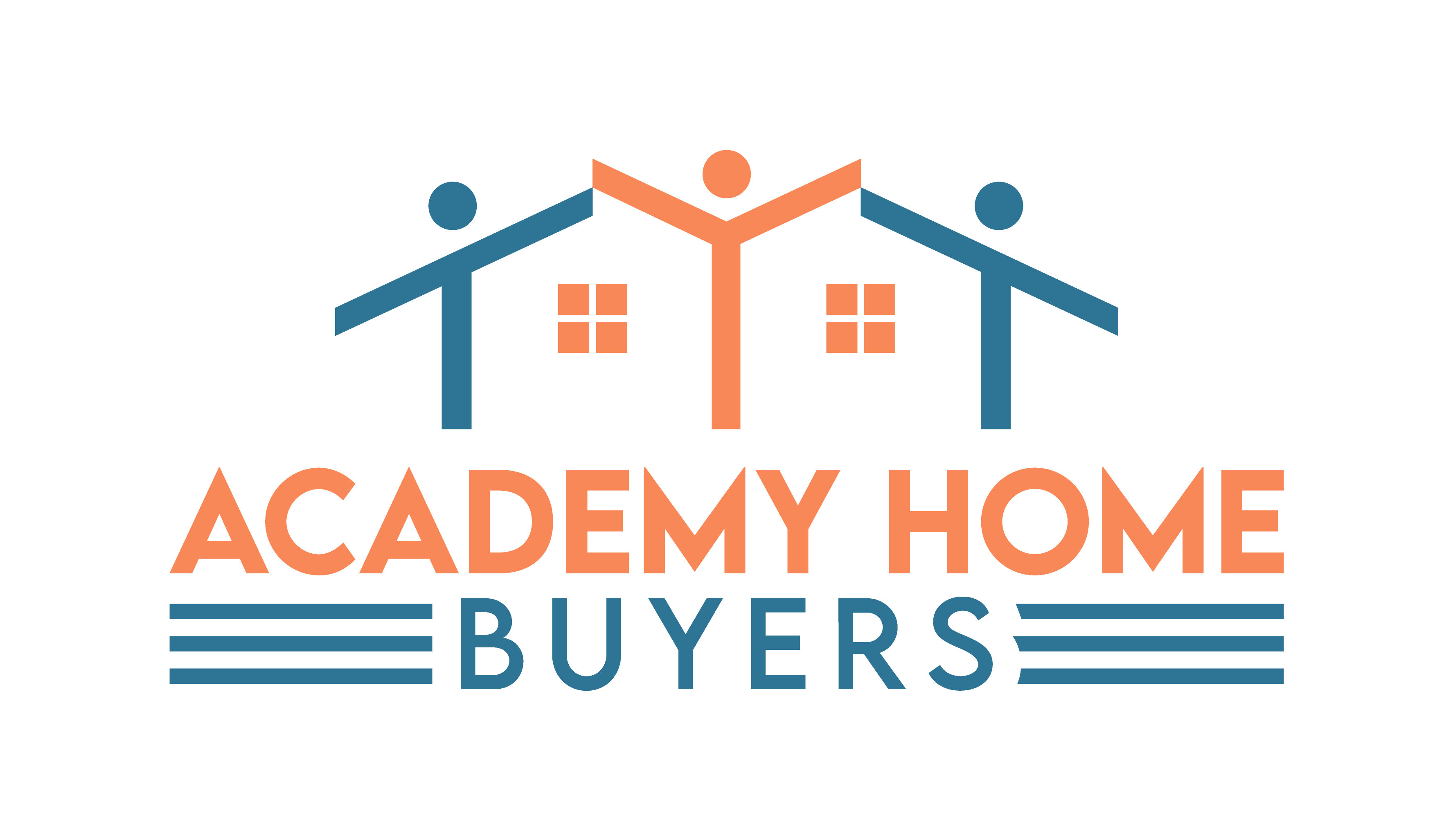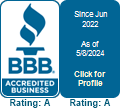Get Your FREE Offer 💰...
👇👇👇👇👇👇👇👇👇👇👇👇Yes you can sell your house after filing for Chapter 7 Bankruptcy.
Can Your Sell Your House After Filing Chapter 7 Bankruptcy-Virginia
If you’re thinking about using bankruptcy to get rid of your debt, it’s important to know that many people face this situation.

Choosing bankruptcy is a big decision, but it can help you get rid of the debt that’s been weighing you down and give you a chance to start over with your money.
There are three main types of bankruptcy, all part of the Bankruptcy code: chapter 7, which involves selling off some belongings to erase certain types of debt; chapter 11, which is for struggling businesses; and chapter 13, which sets up a plan to pay back your debts over time.
In this guide, we’ll explain what chapter 7 bankruptcy is and give you advice on how to go through it with the least amount of difficulty.
What Is Chapter 7 Bankruptcy?
Chapter 7, also known as liquidation or straight bankruptcy, is a legal process to help you get rid of your debts. When you “discharge” your debts, it means you don’t have to pay most of them anymore. But there are some exceptions like child support, student loans, taxes, and fines.

When you file for bankruptcy, everything you own becomes part of the bankruptcy process unless you can keep some things safe. These things might be sold, and the money from the sale goes to the people you owe money to.
It might seem a little scary, but you won’t be left with absolutely nothing. The point of bankruptcy is to give you a fresh start. This means you get to keep some important things like a basic car, your clothes, some furniture, and if you’re really fortunate, even your home.
The Chapter 7 Bankruptcy Process
Before you go ahead with Chapter 7 bankruptcy, it’s important to think through your options and take steps to make sure you can keep your stuff.
It could be really helpful to talk to a bankruptcy lawyer. They can help you figure out how much money you owe, what things you own, and what would be the best way to handle it all.
Bankruptcy and Home Protection
You need to know about the rules for what you can and can’t keep. The amount of your home’s value that’s protected changes depending on where you live.
In some states, you can choose between this government rule and the state’s own rule. So, if your home is worth $85,000, you can check which rule would help you more.
In places like New York, the rule can range from $75,000 to $150,000. If you’re married, you can double that amount. So, you might be able to keep up to $300,000 safe.
Here in Virginia, the allowable exemption is $5,000 for a single person and $10,000 for a married couple. This means that if the equity in your home is less than these amounts, you can keep your home. If the equity is more than this, however, the bankruptcy judge may order the home sold and the proceeds to pay debts.
No matter what, you’ve got to make sure that a rule is there to keep your home safe.
Do You Need a Bankruptcy Lawyer?

This is where hiring a good bankruptcy lawyer can really make a difference. If you’ve got a lot to protect, the fee for talking to a lawyer is a small cost compared to what you could keep.
A lawyer who knows the local court can help you make sure you don’t lose your home. Building a good relationship with this lawyer is worth it when you’re going through bankruptcy.
What Is The Bankruptcy Trustee’s Role?
Once you file for bankruptcy, a special order stops your creditors from asking you for money. Then, the court picks a person, called a trustee, to look after your stuff. This trustee takes control of everything you own that isn’t protected.
Stuff that isn’t protected includes things like:
- Vacation homes
- Extra cars
- Special collections like fancy watches, paintings, or wine
- Valuable things you inherited, like jewelry
- Money in the bank, stocks, and other investments
But if the value of your property isn’t more than what’s protected, plus what’s owed on your mortgage, plus the trustee’s fee, they won’t sell your stuff. This means your things aren’t worth enough to cover your debts, so you can keep them.
What Happens After Bankruptcy?
If you’re lucky enough to live in a place where you can protect all of your home’s value, you can sell it and use the money to buy a new home without needing a loan.
Most times, though, the rule only lets you keep enough for a down payment. But because your credit score will be low, it might be hard to get a loan.
How Bankruptcy Affects Your Credit Score

Yes, saying you’re bankrupt will lower your credit score. It will also stay on your credit history for up to 10 years, so it’ll take some time and work to get it back up.
It might also make it tough to get a regular home loan for about the same amount of time. You might, however, be able to get a special government loan after two years if you’ve built up good credit since you went bankrupt.
Even though things might seem tough, there’s still hope, as you’ll see below.
When Can I Sell My Home After The Bankruptcy?
Once the bankruptcy trustee issues a “No Distribution Report” you can sell your home. At this point, the bankruptcy trustee has no further claim to your property or proceeds, and you can sell as soon as you wish.
How To Sell Your House After Bankruptcy.

Once the bankruptcy process is finished and you’re allowed to keep your home, you still have to cover certain costs. This includes the regular payments for your mortgage that come due after you filed for bankruptcy. If you don’t make these payments, the bank might start taking steps to take your home away. But it’s important to know that this would be costly for them, so you have a chance to sell the property on your own.
Here are two options you can consider:
Option #1: Short Sale
If you can’t afford to keep up with the mortgage payments, you might want to think about a short sale. This means selling your property for less than what you owe, and the bank forgives the rest instead of taking your home away. While you won’t make any money from the sale, it can save you from future financial troubles caused by a foreclosure.
This process can take a very long time, as the bank does not want to lose money on your house by letting it sell for less than what is owed. There are rigorous steps to follow, and the bank must approve the sale and the buyer separately. There are also potential tax implications from going through a short-sale.
If this doesn’t sound like the right choice for you and you’re hoping to make some profit from your property, then you can…
Option #2: Find a Buyer Who Will Cover the Remaining Mortgage Balance
This is a regular sale process. You can either work with a real estate agent and list it on the open market, sell it yourself without an agent, or sell to a real estate investor for cash.
You’ll need to sell your house quickly because you’ll still have to make the mortgage payments for the months it’s on the market. The fastest way to sell is by finding a buyer who can pay in cash.
There are buyers who specialize in helping homeowners through tough financial situations. They’d cover the mortgage and other costs associated with selling. Plus, you wouldn’t have to pay any realtor fees when dealing with them.
This means you can leave your financial troubles behind and start fresh somewhere else with cash in hand.
Selling Your House After Bankruptcy, In Conclusion
Selling your house after going through bankruptcy might seem tough, but it’s not impossible, especially if you set the right selling price. There are some challenges, but understanding the laws that apply can really help you out. It’s a good idea to talk to a bankruptcy lawyer and a mortgage expert after you file for bankruptcy. They can give you advice and clear up any confusion you might have.
After bankruptcy, a lot of homeowners want to sell their houses quickly to get back to a more normal life. If that sounds like what you want too, you’re in the right place. At Academy Home Buyers, we’re here to help. We can give you a fair offer in cash for your property right away, and you don’t have to commit to anything.
We buy houses no matter what condition they’re in. This can really take a load off your shoulders and make dealing with bankruptcy a lot less stressful.
To get started, simply use the form below, and if you have any questions, simply call or text us at: (757) 755-5587.

